Focusing on rethinking trends, practices and the dynamics of global finance, the annual Tsinghua PBCSF Global Finance Forum was held yesterday.
Given the uncertainty brought about by the COVID-19 pandemic towards the global economy, the theme of this year’s forum was “Joining Forces in Finance to Overcome the Epidemic”.
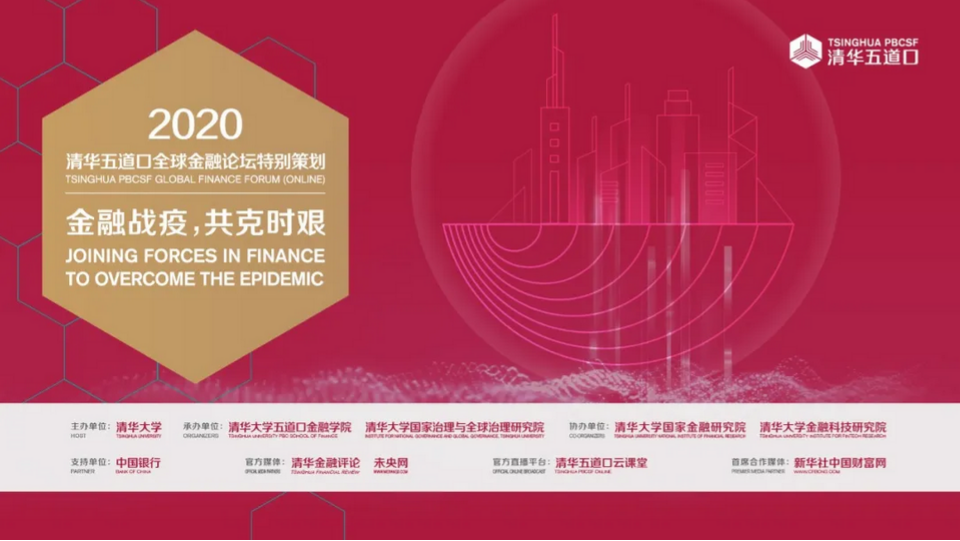
In his opening remarks, Tsinghua University President Qiu Yong pointed out the significant role that finance plays in enabling the health and safety of humanity as well as in overcoming the epidemic and ensuring economic recover after.
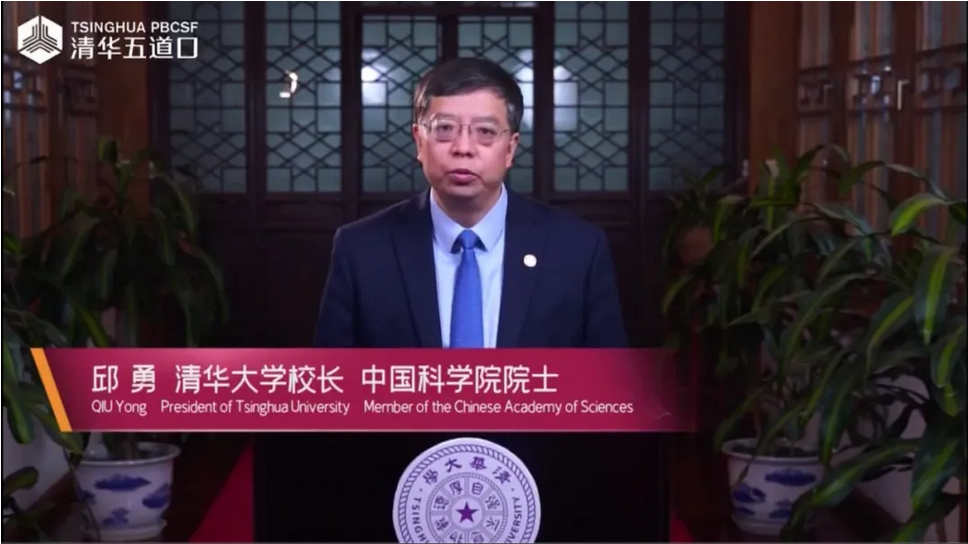
"The year 2020 may well mark a historical watershed of human society. History will remember our thoughts, our choices and our actions. The unexpected epidemic has brought enormous shock to the social and economic development in China. Under these circumstances, ensuring financial stability is of great importance," said President Qiu.
Zhang Xiaohui, dean of Tsinghua University PBC School of Finance expressed in her opening speech that reform and opening-up is the core motivation for economic development, and for China’s financial development.
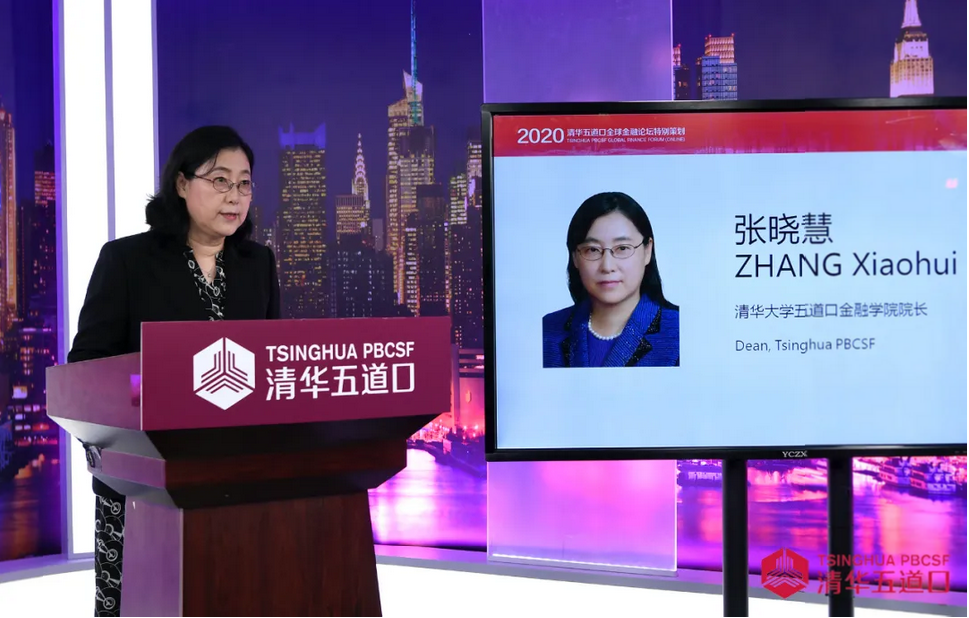
"With the deepening of financial supply side reform, the resilience of China’s financial system is increasing, which brings strong support to a double win of overcoming the epidemic and economic and social development, providing and sharing the ‘China experience’ with the world," said Zhang Xiaohui.
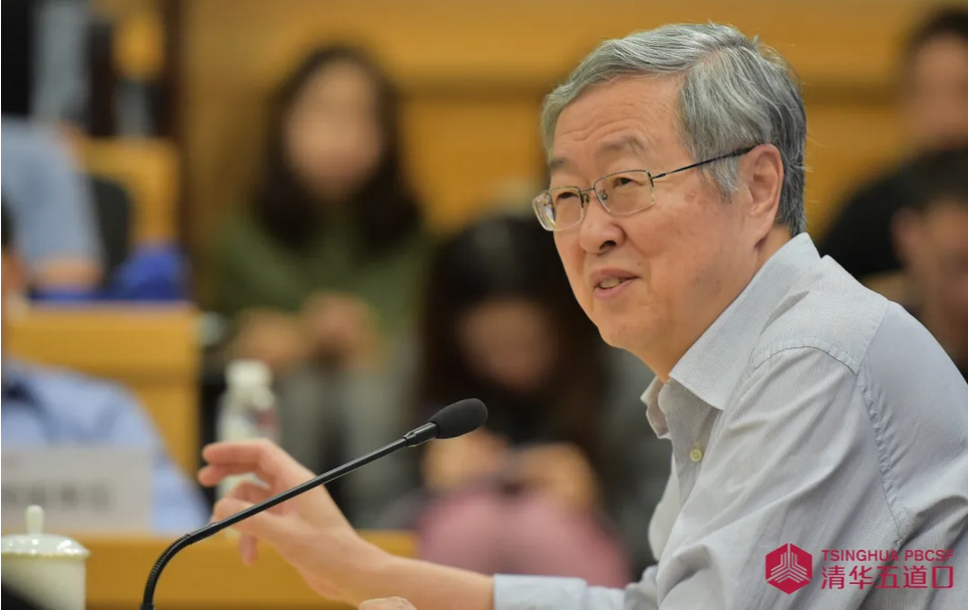
With regards to “Academics and Practices”, Zhou Xiaochuan (President of China Society for Finance and Banking, honorary dean of Tsinghua PBCSF) called for strengthening financial research to better win the fight against the economic challenges posed by COVID-19.
He also emphasized the importance of strictly set principles, a clearly defined scope and thoroughly considered risks for different types of financial institutions .
Xiao Gang, member of the National Committee of the Chinese People’s Political Consultative Conference, said that China has the unique advantage to combat with COVID-19 in the economic way, which is the potential of a super-large scale market, representing by the large quantity of labor force, middle-income groups, new graduates and new-born kids on yearly basis.
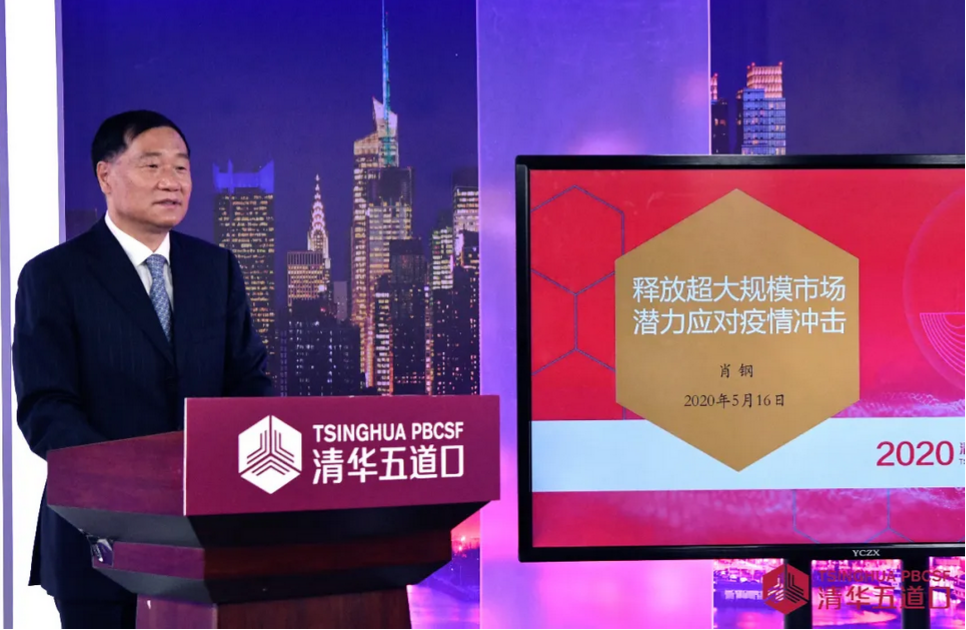
He also referred to two ways to unleash the potential, one is to expand increments and the other is to activate the existing stock.
The Chinese stock market remains relatively better off. But as a part of the global equity market, it is also vulnerable to the fluctuations of that broader market.
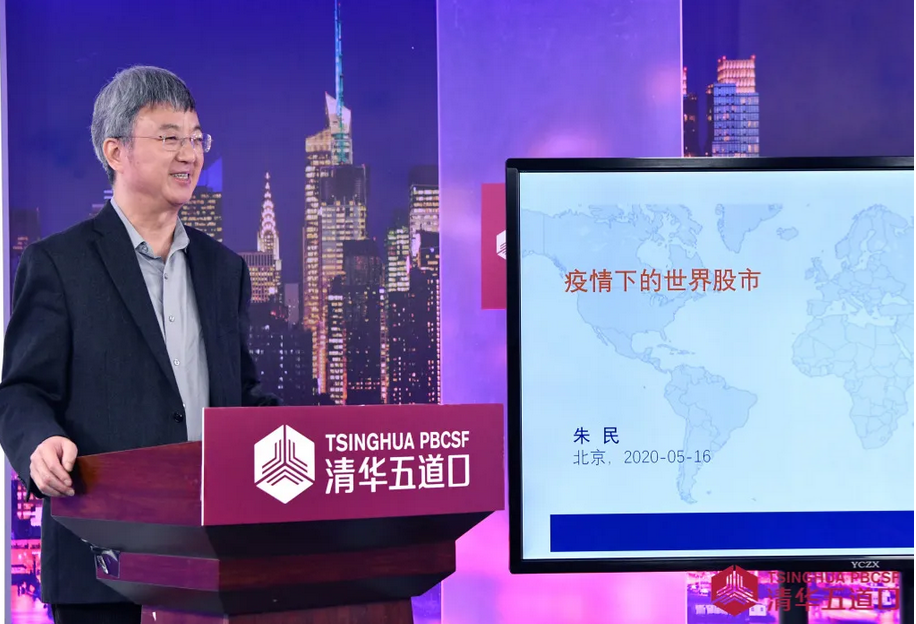
Contrasting “China and the World”, Zhu Min (Chair of Tsinghua University’s National Institute of Financial Research, former deputy managing director of the International Monetary Fund) remarked that longer term market performance will depend on the recovery of the real economy as the first stage of rebound is supported by liquidity.
Focusing on China’s reform policies, Michael Spence (Nobel Laureate in Economics 2001) credited the swift measures taken to contain the pandemic as fundamental to the recovery of the Chinese economy.
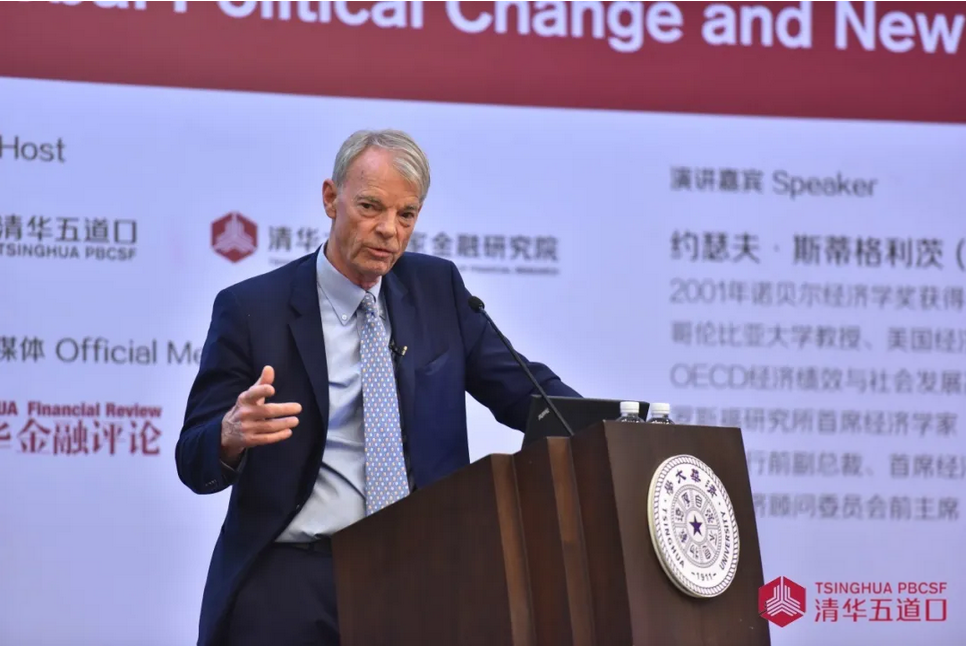
In his keynote speech on the impact of the COVID-19 pandemic on the global and Chinese economy, he said that the recovery won’t be completed if people are not convinced that they are safe.
The next speaker, Eric Maskin (Nobel Laureate in Economics 2007), maintained a more pessimistic in shorter term but a more optimistic view in longer term.
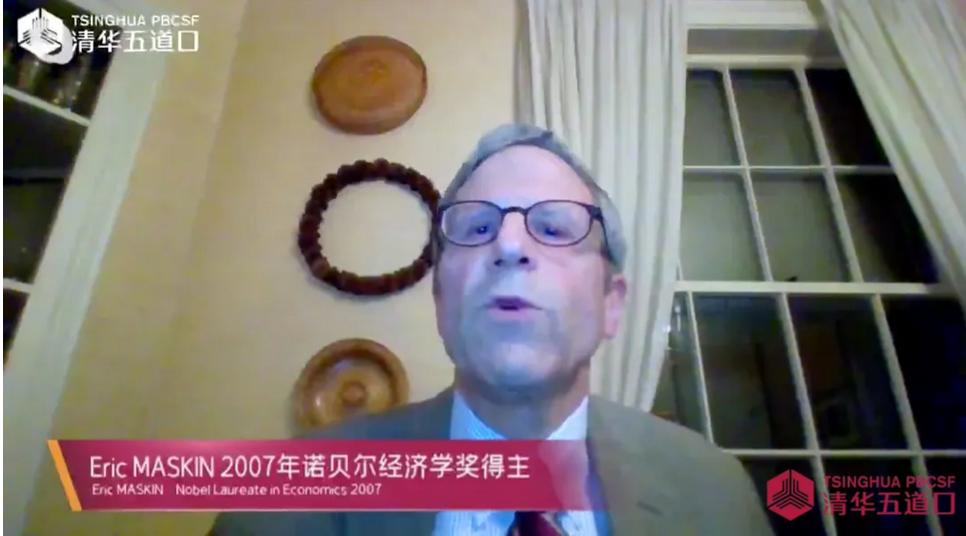
"The global financial crisis brought on by the COVID-19 pandemic has also accelerated the uptake of digital solutions, and speeding up the global transition towards a digital economy," said Eric Maskin.
More crucially than ever, countries need to work together in leveraging and coordinating strong and effective policies to counteract the negative impact and maintain the stability of global financial markets.
Writer: Emma Ho
Editor: Andy Mok,Lin Yuan

